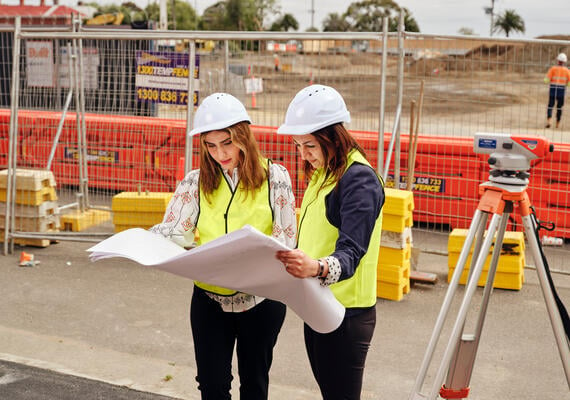
Researchers evaluate cost effective carbon capture storage
Deakin's water tracer technology team will help demonstrate the environmental performance of Australia’s first demonstration site for geological storage of carbon dioxide. Research will focus on reducing the cost of long-term CO2 storage monitoring and the team will develop new ways to track variations in water quality in the shallow groundwater above the natural rock barriers.

